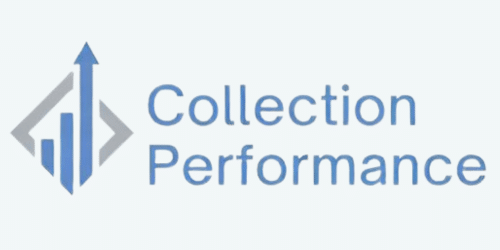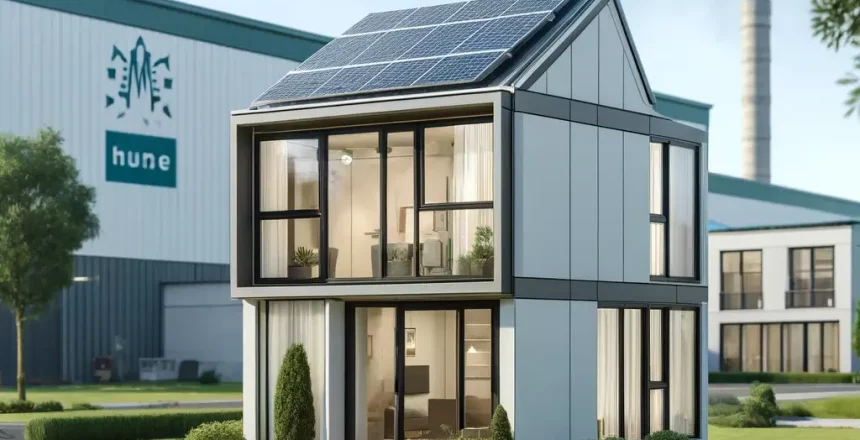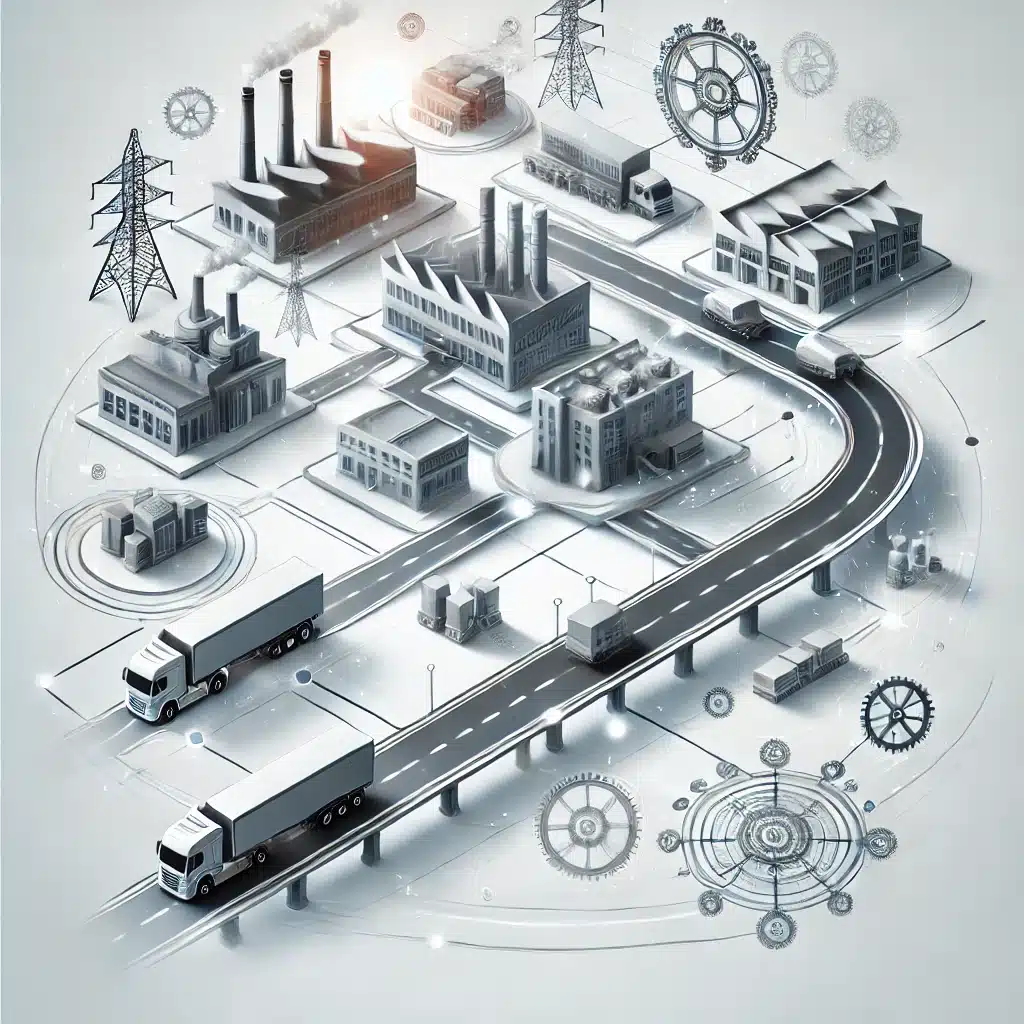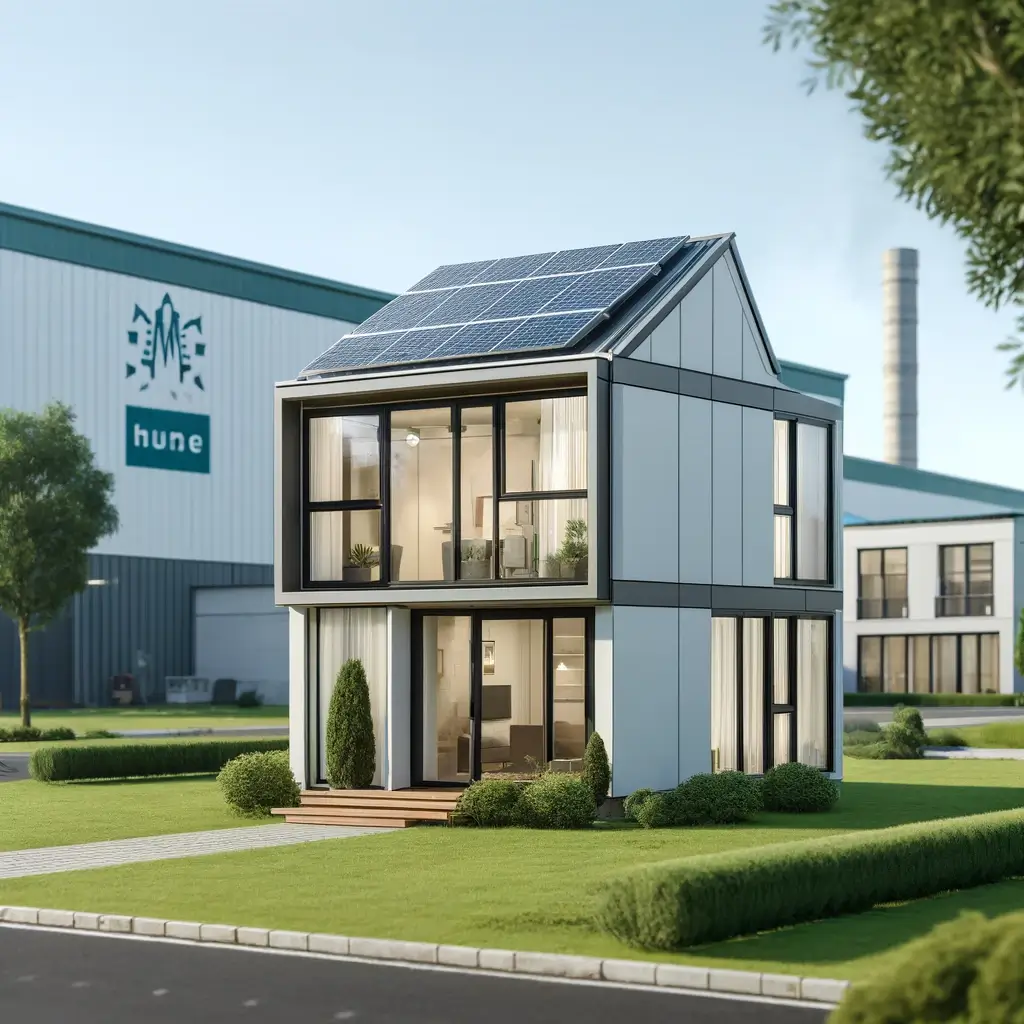In today’s competitive job market, businesses are constantly seeking innovative ways to attract and retain top talent. One growing trend that has proven effective is the investment in employee housing. By purchasing homes for their employees, companies can offer a unique benefit that enhances employee satisfaction, reduces commute times, and fosters a sense of stability and community.
Among the various housing solutions available, prefab homes are emerging as a popular choice for businesses. Prefab homes, also known as prefabricated or modular homes, are constructed off-site in a controlled environment and then assembled on location. This method offers numerous advantages, including cost-effectiveness, speed of construction, and sustainability. With their modern designs and high-quality construction, prefab homes provide a practical and appealing solution for employee housing needs.
Why Businesses Buy Houses for Their Employees
Businesses invest in employee housing for several compelling reasons. By providing housing, companies can address some of the key challenges their employees face, leading to significant benefits for both the business and its workforce.
For Businesses:
- Increased Employee Satisfaction: Offering housing as a benefit can greatly enhance job satisfaction. Employees appreciate the stability and convenience of company-provided homes, which can lead to higher morale and a more positive work environment.
- Higher Retention Rates: Employee turnover is costly and disruptive. Providing housing helps to foster loyalty and reduces the likelihood of employees seeking opportunities elsewhere, thus improving retention rates.
- Boosted Productivity: When employees live closer to work, they spend less time commuting and more time focused on their tasks. This can lead to increased productivity and efficiency within the company.
For Employees:
- Reduced Commute Times: Living near the workplace significantly cuts down on commuting time. This not only reduces stress but also allows employees to have more personal time and a better work-life balance.
- Financial Savings: Housing costs are a significant part of an employee’s budget. Company-provided housing can alleviate this financial burden, allowing employees to save money and reduce financial stress.
- Stability: Knowing that their housing is secure and taken care of by their employer provides employees with a sense of stability. This can lead to improved mental well-being and a stronger commitment to their job.
Overall, investing in employee housing is a strategic move that benefits both the employer and the employee, creating a more harmonious and productive working relationship.
Global Recruitment and Employee Housing
In an increasingly globalized economy, businesses are expanding their search for talent beyond local borders to include candidates from around the world.
This approach allows companies to access a diverse pool of skills and experiences, which can be crucial for innovation and competitiveness.
However, attracting and retaining international talent comes with unique challenges, one of which is ensuring suitable housing.
Recruiting Talent from Other Countries
Businesses often go to great lengths to recruit top talent from abroad, utilizing international job fairs, online recruitment platforms, and global partnerships with universities and professional organizations.
By casting a wider net, companies can find candidates with specialized skills that may be scarce locally.
Importance of Providing Housing
Offering housing is a key incentive for international recruits, as it alleviates one of the major stressors associated with relocating to a new country.
Securing comfortable and affordable accommodation can be challenging for newcomers unfamiliar with the local real estate market.
By providing housing, businesses can make the transition smoother, ensuring that new hires can focus on their work rather than worrying about finding a place to live.
Industries Commonly Using This Approach
Several industries are known for their reliance on global talent and the provision of employee housing, including:
- Technology: Tech companies often recruit software engineers, data scientists, and other specialists from around the world to fill critical roles.
- Healthcare: Hospitals and healthcare providers recruit doctors, nurses, and medical researchers internationally to address shortages and bring in diverse expertise.
- Education: Universities and research institutions attract professors, researchers, and academic staff globally to enhance their educational offerings.
- Construction and Engineering: These industries frequently hire skilled labor and engineers from abroad to manage large-scale projects requiring specific expertise.
Providing housing not only helps attract international talent but also aids in retaining these valuable employees. By addressing their immediate need for accommodation, businesses can foster loyalty and create a supportive environment that encourages long-term commitment. This approach ultimately enhances the company’s ability to compete on a global scale.
Prefab Homes: Sustainable and Cost-Effective
Prefab homes, also known as prefabricated or modular homes, are an innovative solution that addresses both the financial and environmental challenges of traditional housing.
Built off-site in a controlled environment and then assembled on location, prefab homes offer numerous advantages that make them an attractive option for employee housing.
Cost-Effectiveness
Prefab homes are known for their cost-effectiveness. The controlled manufacturing process allows for:
- Lower Construction Costs: Mass production techniques and bulk purchasing of materials reduce overall costs. This savings can be passed on to businesses investing in employee housing.
- Faster Build Times: Since components are constructed off-site simultaneously while site preparation occurs, the overall build time is significantly reduced. This efficiency can result in quicker occupancy, minimizing downtime and maximizing return on investment.
Sustainability
Prefab homes are designed with sustainability in mind, offering several environmental benefits:
- Energy Efficiency: Many prefab homes are built with advanced insulation and energy-efficient windows, reducing the need for heating and cooling. This not only lowers utility bills but also minimizes the carbon footprint.
- Eco-Friendly Materials: The use of sustainable, recycled, and low-impact materials in prefab construction helps reduce environmental harm. Manufacturers often select materials that promote long-term sustainability.
- Reduced Waste: The precision of factory construction leads to less material waste compared to traditional on-site building. Any excess materials are often recycled within the facility, further reducing environmental impact.
Quality
One common misconception about prefab homes is that they sacrifice quality for affordability. In reality, prefab homes maintain high standards through:
- Controlled Construction Environment: Building homes in a factory setting ensures consistent quality control, with each component meeting stringent standards before assembly.
- Durability and Strength: Prefab homes are engineered to be as strong, if not stronger, than traditional homes. They must withstand transportation and assembly processes, often resulting in more robust construction.
- Customization and Modern Design: Prefab homes offer a wide range of design options, allowing for customization to meet specific needs and preferences without compromising on aesthetic appeal or functionality.
In summary, prefab homes present a sustainable and cost-effective solution for businesses looking to invest in employee housing. They combine affordability with high quality and environmental responsibility, making them an ideal choice for forward-thinking companies.
Redirect to More Information
For businesses interested in exploring the benefits of prefab homes for employee housing, Collection Immobiliere offers a comprehensive range of services and models tailored to meet diverse needs. As a leader in the prefab home industry, Collection Immobiliere specializes in providing high-quality, cost-effective, and sustainable housing solutions.
Collection Immobiliere’s portfolio includes various prefab home designs, each crafted with precision and attention to detail. Their homes are built to the highest standards, ensuring durability, energy efficiency, and modern aesthetics. Whether you are looking for single-family homes, duplexes, or larger multi-unit complexes, Collection Immobiliere has a model that can fit your requirements.
To learn more about the different prefab home models and how they can be utilized for employee housing, visit Collection Immobiliere’s prefab home page. Here, you will find detailed information on the available models, their features, and the benefits they offer.
If your business is considering investing in employee housing, now is the perfect time to explore the possibilities that prefab homes present. Contact Collection Immobiliere today to discover how their prefab home solutions can help you provide comfortable, affordable, and sustainable housing for your employees. Invest in your workforce and enhance your business’s appeal by choosing the smart, modern solution of prefab homes.
Conclusion
Investing in prefab homes for employee housing offers numerous benefits for businesses and their employees. By providing affordable, high-quality housing, companies can enhance employee satisfaction, boost retention rates, and increase productivity. Employees, in turn, benefit from reduced commute times, financial savings, and a stable living environment.
As businesses continue to navigate the challenges of a competitive job market and a dynamic global workforce, innovative solutions like prefab homes are becoming increasingly vital. These homes not only address the immediate housing needs of employees but also align with sustainability goals and cost-saving measures.
Looking ahead, the future of employee housing solutions lies in embracing such forward-thinking approaches. Prefab homes stand out as a practical, sustainable, and efficient choice, capable of meeting the diverse needs of modern businesses and their teams.
By prioritizing prefab homes, companies can ensure they provide their employees with the best possible living conditions, contributing to a happier, more stable, and more productive workforce. This investment in housing is an investment in the future success of both the employees and the organization.








